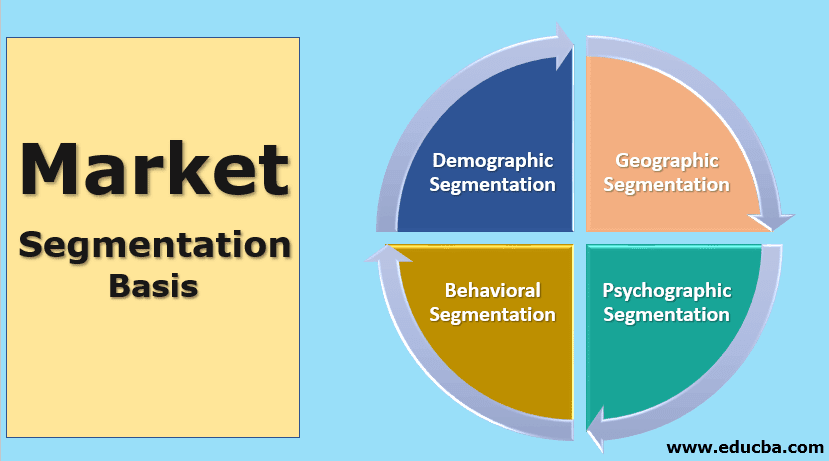The market consists of buyers with varied needs, wants, and purchasing power. Besides, sellers do not specialize in the same goods or services; rather they handle various goods and services.
For such markets to be effectively served, there is a need to divide the markets in line with the needs and purchasing power of the buyers. This unit examines market segmentation as the basis for serving the markets better.
Market
Organizations that sell to consumer and business markets understand that they cannot appeal to all buyers in the markets in the same way. Buyers are too numerous, too widely scattered, and too varied in their needs and buying practices. Also, different companies vary widely in their abilities to serve different segments of the market.
Rather than trying to compete in an entire market, sometimes against superior competitors, each company must identify the parts of the market that it can serve best.
A market is the set of actual and potential buyers of products. Markets consist of buyers, and buyers differ in one or more ways. They may differ in their wants, resources, locations, buying attitudes, and buying practices.
Thus, markets consist of people with needs and want- with enough disposable income to spend on the goods and services provided, to satisfy their special needs and wants. The willingness to expend their income on these goods and services is also crucial.
Market Segmentation

Buyers in an environment have unique needs and want; thus each buyer is potentially a separate market. Most often, sellers design a separate marketing program for each buyer.
However, each buyer requires a unique combination of goods and services as the buying habit and motives differ. To meet the needs of consumers, marketers divide the total markets into smaller segments, based on the kind of similar demands for a product.
Read Also: Marketing of Services and Importance of Service Marketing
Also, most companies realize that they cannot compete in meeting all the different shades of unique demands in an economy, so they aim at focusing on a few segments that seem more profitable to them.
Market segmentation is therefore the process of dividing consumers in a given economy into target markets. It is aimed at dividing the total market in an economy where demands for a given product are heterogeneous into homogeneous demand groups or segments, to provide unique or specific products or services for each segment.
